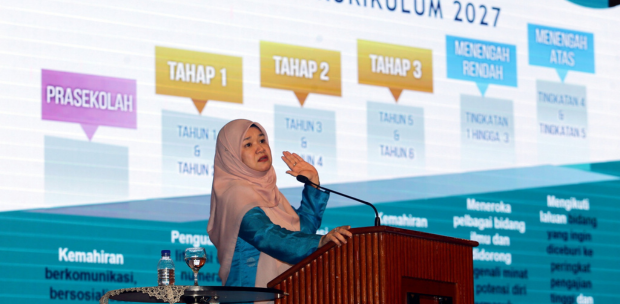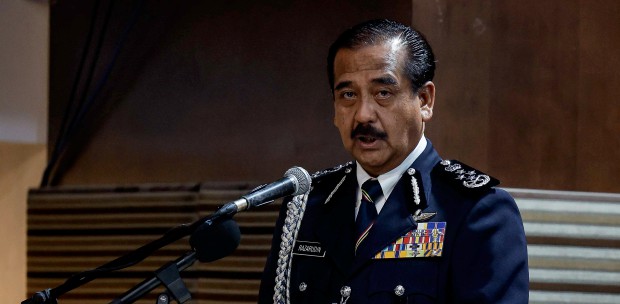NEBRASKA is one of the most conservative states in the United States, yet a few years ago it was very close to abolishing the death penalty.
In 2015, the state legislators managed to override a veto by Governor Pete Ricketts and get rid of the death penalty.
Over that summer, Ricketts with the support of his father, a local billionaire, mobilised the public and raised almost US$1 million to gather enough signatures for a petition against the repealing of the death penalty.
Enough people signed up, though the threshold was ridiculously low with more than 10 per cent of those eligible to vote being sufficient to reinstate the punishment.
What happened in Nebraska is a good reminder of the long road ahead in Malaysia's quest to abolish the death penalty.
We are still far from achieving this goal.
This is the opinion of many activists: the recent decision by the Malaysian government to abolish the mandatory death penalty for several crimes is an important step, but there is much that must be done.
As soon as Minister in the Prime Minister's Department (Parliament and Law) Datuk Seri Wan Junaidi Tuanku Jaafar declared the government would accept the recommendations of the Study of Substitute Sentences on Mandatory Death Penalty, Prime Minister Datuk Seri Ismail Sabri Yaakob stepped in and clarified the decision.
The death penalty, he said, won't be abolished, but judges will not be forced to sentence someone to death because of the lack of other legal remedies.
There are several parties opposing the full abolition of the death penalty, for two main reasons.
First is the belief that the general public still favours this punishment and the second is the power of deterrence that the death penalty apparently holds.
The truth is much more complex. It is true that, in principle, strong support for the death penalty is evident in the population in Malaysia but perceptions can shift.
Specifically, in relation to different and detailed scenarios involving the imposition of the death penalty.
For example, in the case of drug trafficking, the percentage behind it dramatically changes, with a declining number of people ready to back it up.
The more information provided to the people, the more their convictions and assumptions start to crumble.
These are some of the results of a survey conducted by Roger Hood with the Death Penalty Project, a unit within Oxford University that partnered with the Bar Council of Malaysia.
Though dating back to 2013, the findings remain relevant because they provide grounds to counter generic statements used by politicians to back the death penalty.
What we need is persistent dialogue with the federal government, state governments and civil society to shift the people's mindset on the issue.
The case in Nebraska is interesting because it was so close to abolishing the death penalty.
Some conservatives, including Christian evangelicals, were even among those leading the effort against this ineffective form of punishment.
We need to work hard to prove how misguided the second point, about legitimising the death penalty as the most effective way of deterring crimes, is.
Around the world, new evidence is emerging that it is not the case, but we need more data.
Dialogues with those who think differently on the issue are fundamental to procuring data, information and new research insights that can dispel their concerns and doubts.
We need to use rationality to win over the emotions backing the death penalty.
Activists and organisations supporting a full abolition of the death penalty must be praised and supported so that they can extend their outreach and start what are going to be very uncomfortable conversations.
Engaging youths in this cause is essential.
At the same time, we need bold politicians to step up and enable a bipartisan and unbiased discussion about the death penalty, proving, at the end, the real truth about it.
The author writes on civic engagement, youth development, the SDGs, human rights and regional integration in the context of Asia Pacific






